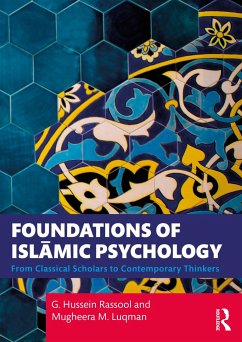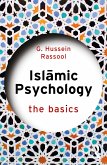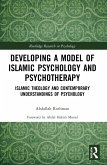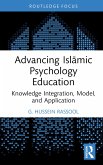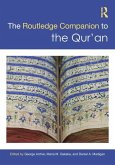Foundations of Islamic Psychology: From Classical Scholars to Contemporary Thinkers examines the history of Islamic psychology from the Islamic Golden age through the early 21st century, giving a thorough look into Islamic psychology's origins, Islamic philosophy and theology, and key developments in Islamic psychology.
In tracing psychology from its origins in early civilisations, ancient philosophy, and religions to the modern discipline of psychology, this book integrates overarching psychological principles and ideas that have shaped the global history of Islamic psychology. It examines the legacy of psychology from an Islamic perspective, looking at the contributions of early Islamic classical scholars and contemporary psychologists, and to introduce how the history of Islamic philosophy and sciences has contributed to the development of classical and modern Islamic psychology from its founding to the present. With each chapter covering a key thinker or moment, and also covering the globalisation of psychology, the Islamisation of knowledge, and the decolonisation of psychology, the work critically evaluates the effects of the globalisation of psychology and its lasting impact on indigenous culture.
This book aims to engage and inspire students taking undergraduate and graduate courses on Islamic psychology, to recognise the power of history in the academic studies of Islamic psychology, to connect history to the present and the future, and to think critically. It is also ideal reading for researchers and those undertaking continuing professional development in Islamic psychology, psychotherapy, and counselling.
In tracing psychology from its origins in early civilisations, ancient philosophy, and religions to the modern discipline of psychology, this book integrates overarching psychological principles and ideas that have shaped the global history of Islamic psychology. It examines the legacy of psychology from an Islamic perspective, looking at the contributions of early Islamic classical scholars and contemporary psychologists, and to introduce how the history of Islamic philosophy and sciences has contributed to the development of classical and modern Islamic psychology from its founding to the present. With each chapter covering a key thinker or moment, and also covering the globalisation of psychology, the Islamisation of knowledge, and the decolonisation of psychology, the work critically evaluates the effects of the globalisation of psychology and its lasting impact on indigenous culture.
This book aims to engage and inspire students taking undergraduate and graduate courses on Islamic psychology, to recognise the power of history in the academic studies of Islamic psychology, to connect history to the present and the future, and to think critically. It is also ideal reading for researchers and those undertaking continuing professional development in Islamic psychology, psychotherapy, and counselling.
